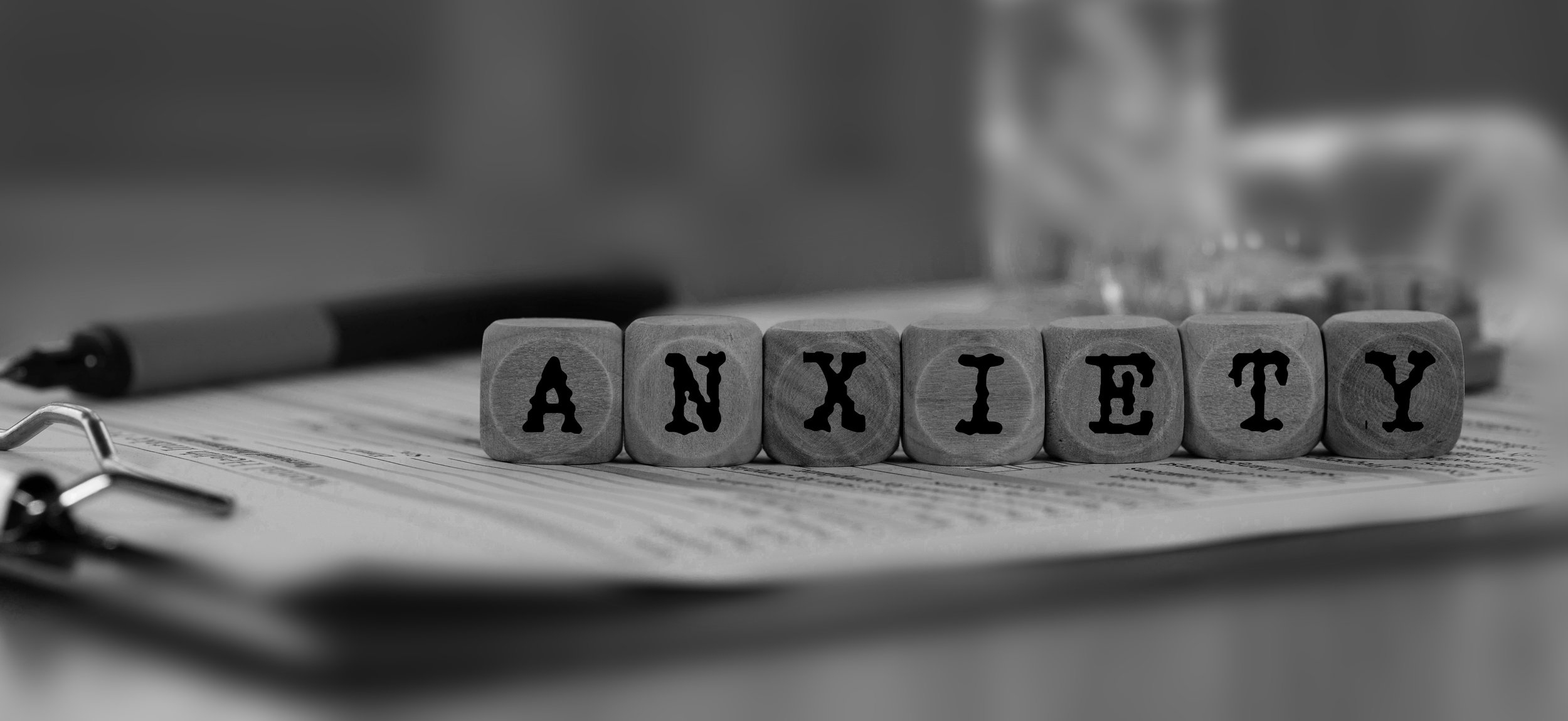
THERAPY FOR ANXIETY
WHAT EXACTLY IS ANXIETY?
Experiencing worry is a normal part of life. We all feel pressure from sources like school, work, & finances. Furthermore, we must expend energy just to manage the stress they create. While having some worry can be a benefit that helps us focus, that worry can develop into more problematic anxiety that’s difficult to control. Anxiety is described by the American Psychological Association as “an emotion characterized by feelings of tension, worried thoughts, and physical changes like increased blood pressure.” When we are overwhelmed with these sensations, we experience anxiety. Learning how to cope with anxiety can also be a challenge, as it’s not something you can simply “turn off.” As a result, we may develop maladaptive coping patterns, such as frequent isolation, substance abuse, and negative thought patterns. It is here that seeking treatment can be beneficial.
WHAT ARE SYMPTOMS OF ANXIETY?
There are a variety of symptoms one can experience when having anxiety. These symptoms are a part of the “fight or flight” mechanisms that trigger within our body whenever we feel our safety threatened. Some may experience intense feelings of panic, dread, and worry. Others may also encounter physical symptoms such as heart palpitations, sweating, and dry mouth. Some can experience both the psychological and physical symptoms that come with high anxiety. Experiencing these symptoms makes it difficult to concentrate, be present, and even function in our everyday lives.
WHAT TYPES OF ANXIETY ARE THERE?
Multiple forms of anxiety currently exist within the DSM-V (The Diagnostic and Statistical Manual of Mental Health Disorders). While this is by no means an exhaustive list, below are examples of common types of anxiety:
● Generalized Anxiety Disorder: Characterized by persistent worry, dread, and fear about everyday stressors such as bills, health, and responsibilities. Often these fears are out of proportion to the stressor at hand.
● Panic Disorder: This is diagnosed when an individual has multiple panic attacks, usually without any warning. This can create a fear of having panic attacks in public, leading to the development of agoraphobia.
● Specific Phobias: Phobias exist when there is something specific that causes you overwhelming fear and anxiety to the point it disrupts your life.
CAN COUNSELING AND THERAPY HELP?
Anxiety disorders are some of the most common disorders in the mental health field. Left untreated, anxiety can be deeply problematic for a lifetime. However, the good news is that anxiety is very treatable through therapy, medication, or a combination of both. In my office, we’ll discuss approaches that you feel work best for you. The goal of counseling and therapy are to not only create relief, but confidence in your ability to handle these emotions. Together we’ll examine the causes of your anxiety, strategies for managing it, and how to overcome its hold on your life.



